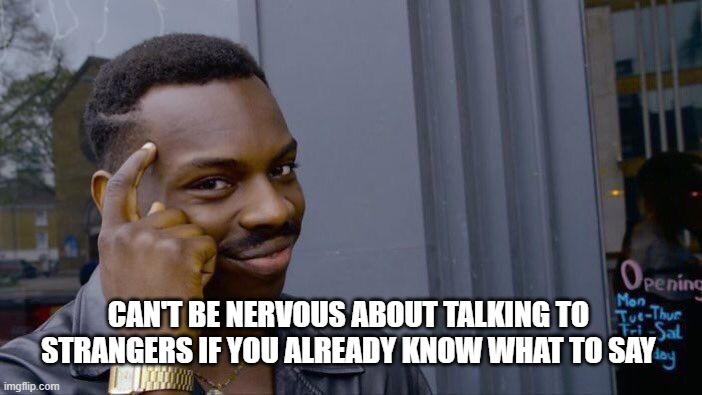Education often sparks debate, especially when it comes to hiring. Does a prestigious school make a difference? Is real-world experience more valuable than a diploma? I firmly believe that education plays a crucial role, and here’s why.
The Value of a Prestigious Education
I’ve heard many times that when it comes to hiring, nothing beats experience. But not everyone has the chance to prove themselves early in their careers, especially those in their 30s. While experience is significant, it isn’t the only indicator of potential.
For me, a candidate’s educational background is a critical sign of their capability. Being admitted to a renowned university isn’t just about having the smarts; it’s about persistence and intellectual stamina. These are traits I value highly.
Debunking the Myth: The Underdog Success Story
There’s a popular myth in the business world suggesting that C-students make the best entrepreneurs because they’re supposedly more resourceful and personable. However, this is just a stereotype.
Consider this: among the twelve wealthiest people on Earth, eight attended top-notch colleges like Harvard, Stanford, and Princeton. Only four dropped out or attended less prestigious institutions. Yet, those who dropped out, like Bill Gates and Mark Zuckerberg, had been admitted to Harvard before deciding to leave. That alone speaks volumes about their capabilities.
Work Experience at Top Companies: Another Form of Education
When reviewing resumes, seeing names like Google, Apple, or McKinsey immediately grabs my attention. It’s not just about what candidates did there but the fact that they were chosen from among hundreds, if not thousands, of applicants. Working at such companies suggests a high level of intelligence and the ability to learn quickly.
In conclusion, while experience is invaluable, education—particularly from prestigious institutions—provides a solid foundation of intellectual rigor and adaptability. This combination often indicates a potential that is too valuable to overlook in the hiring process.
Read the article: “Unleashing the Power of Networking: A Career-Changing Tool”


